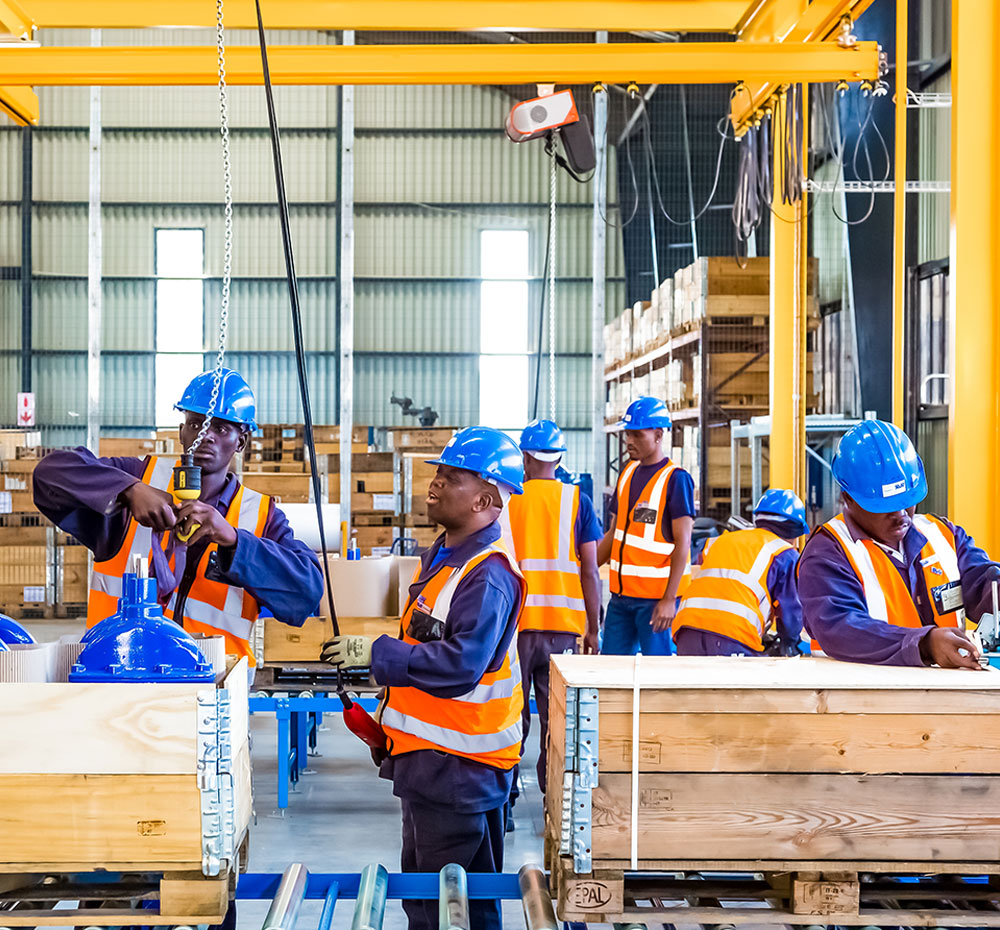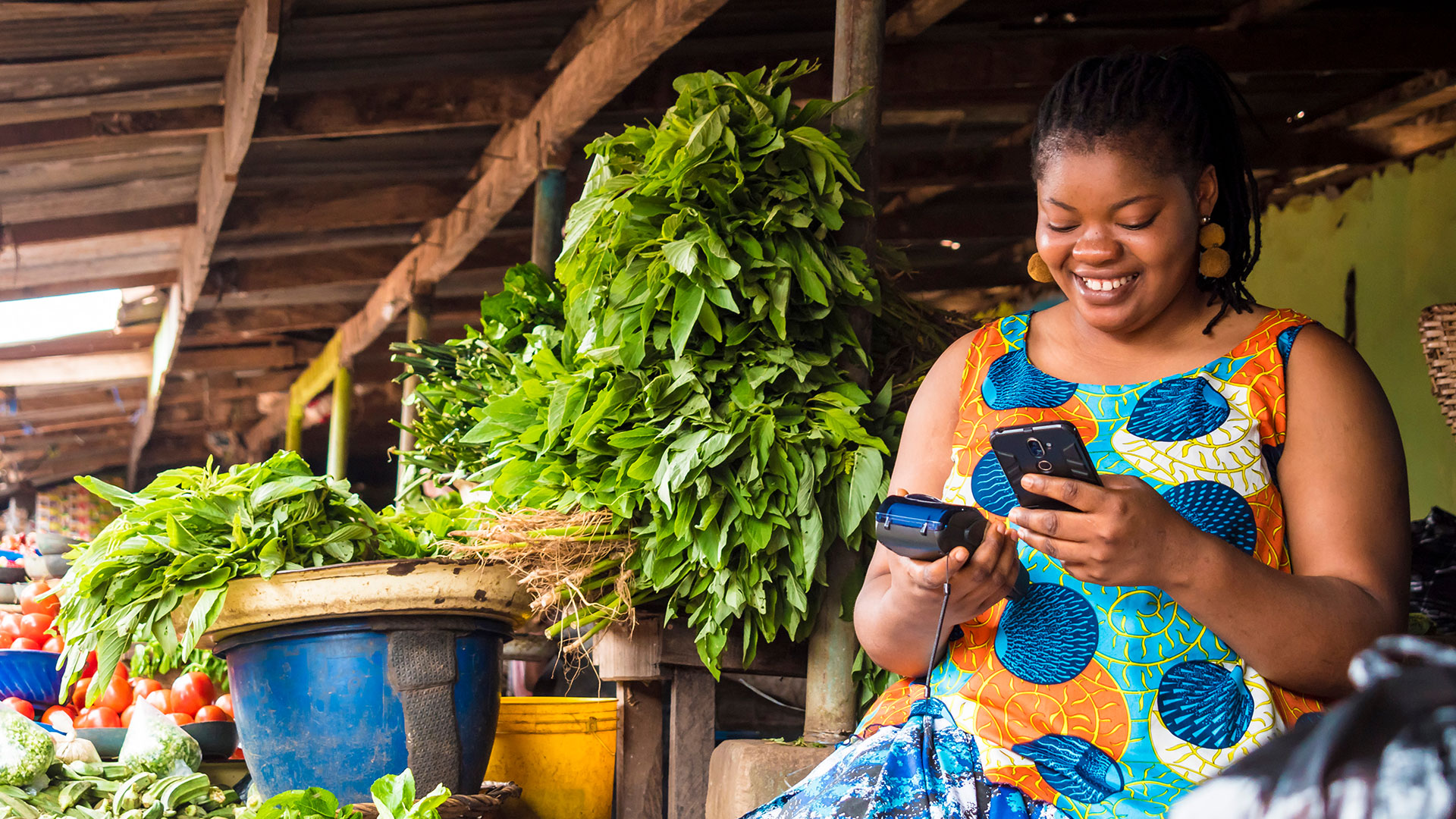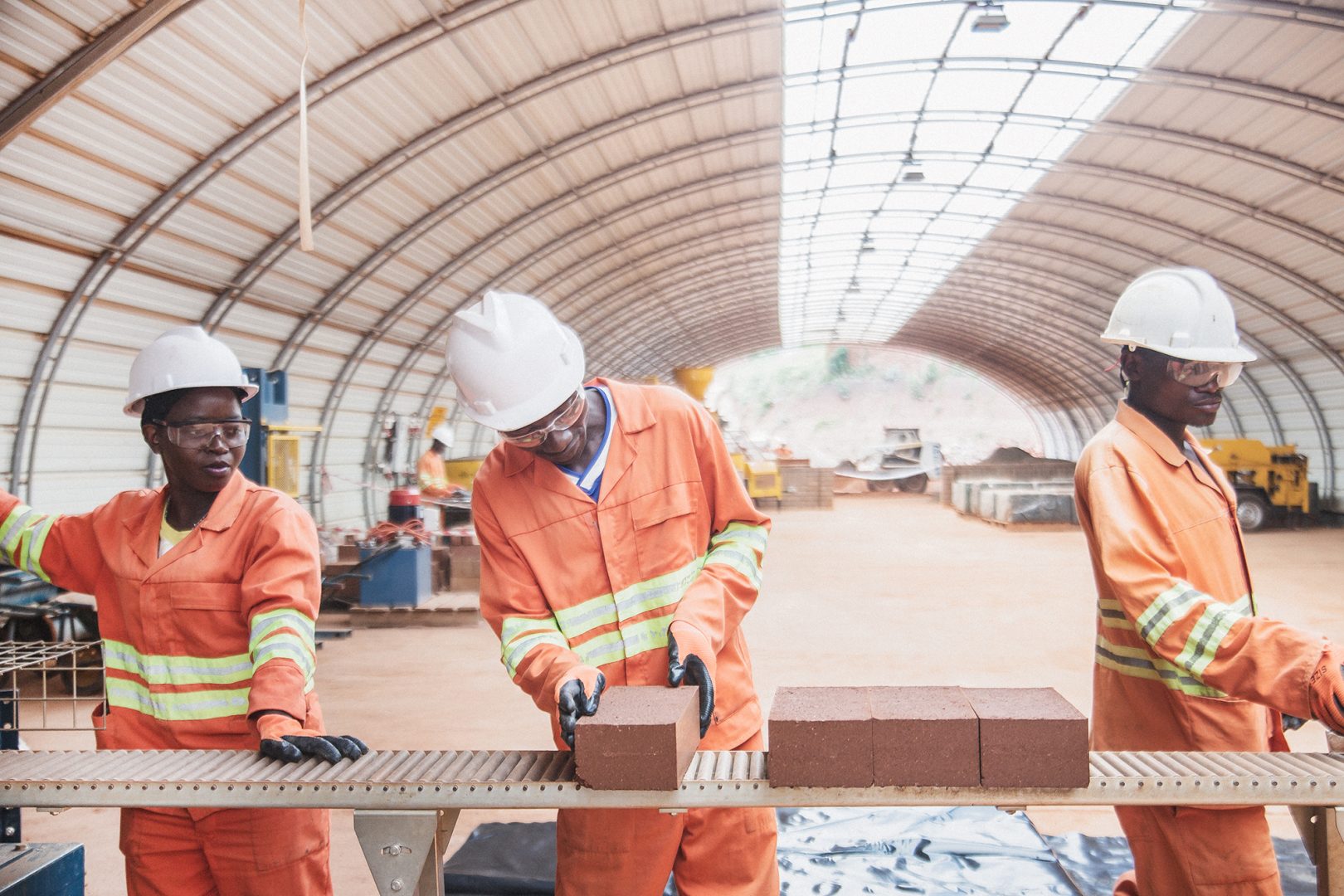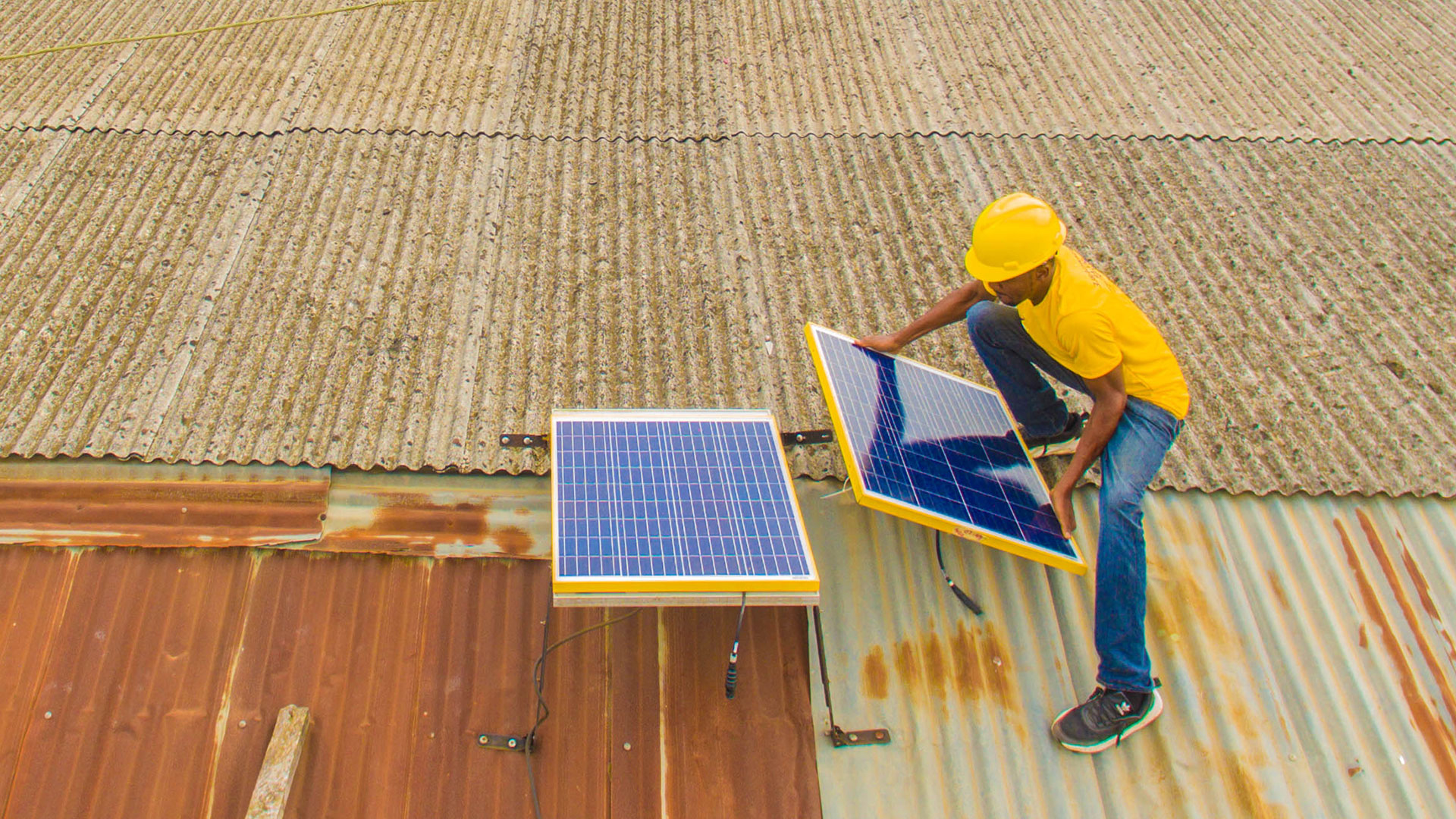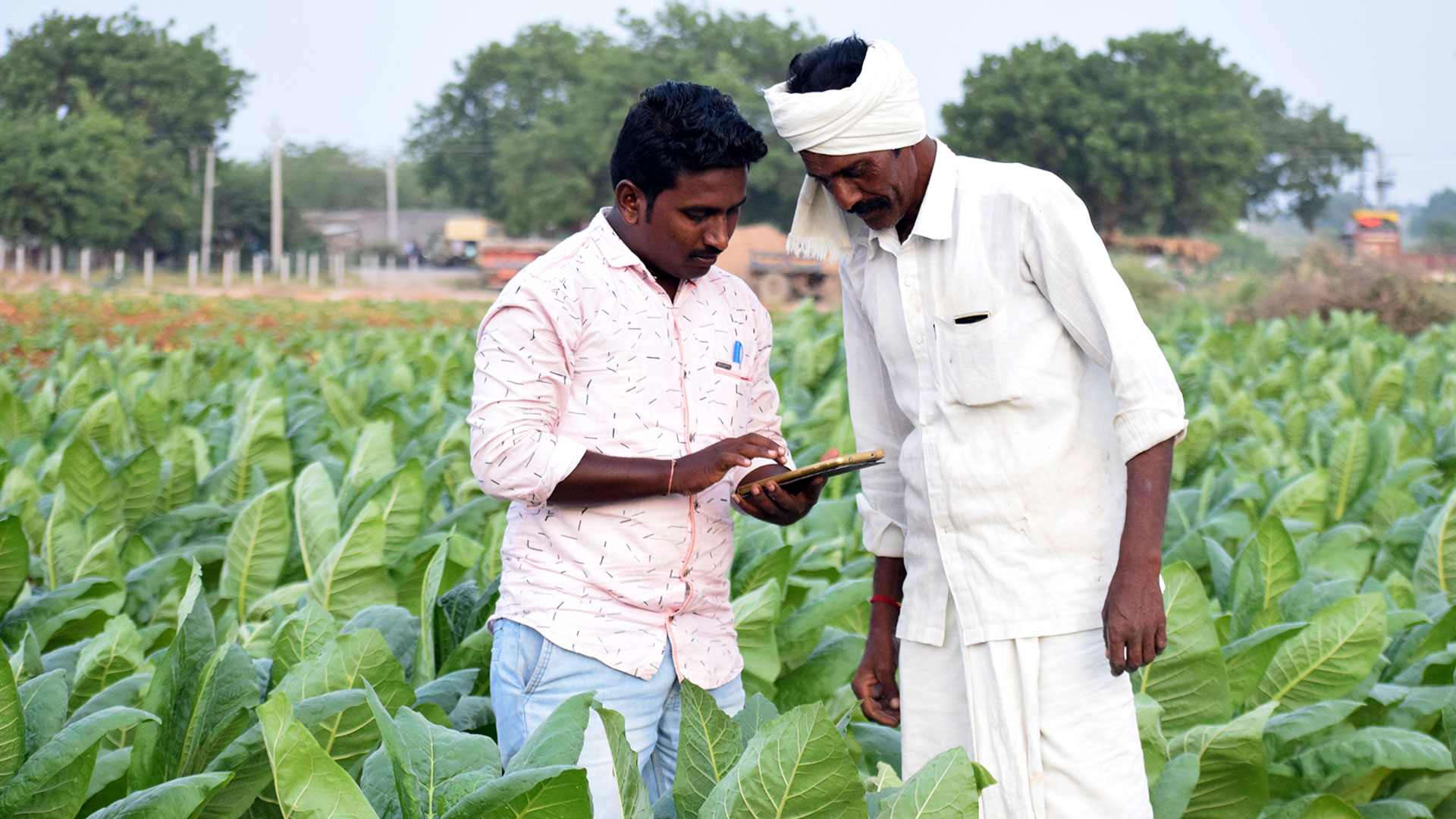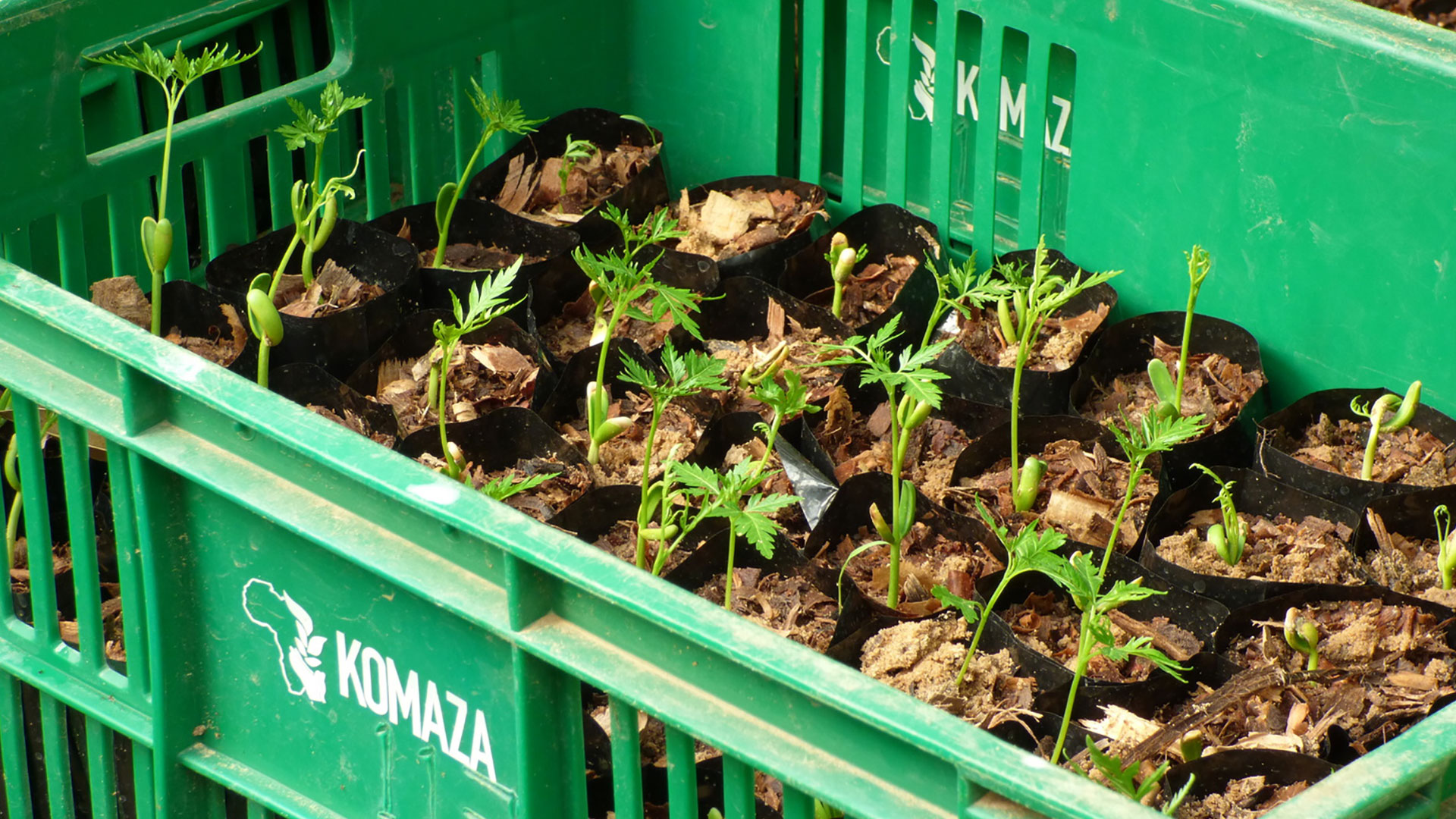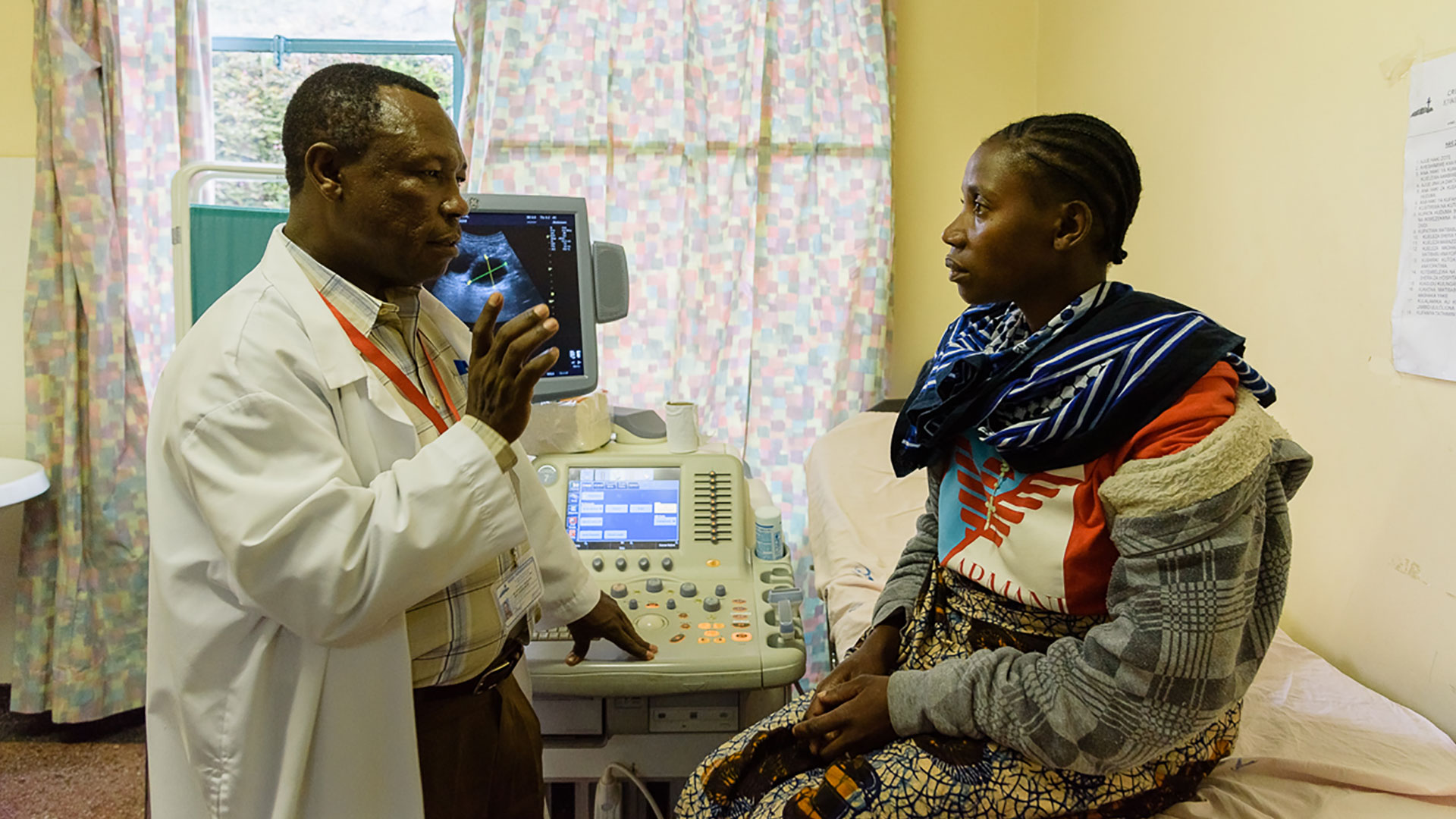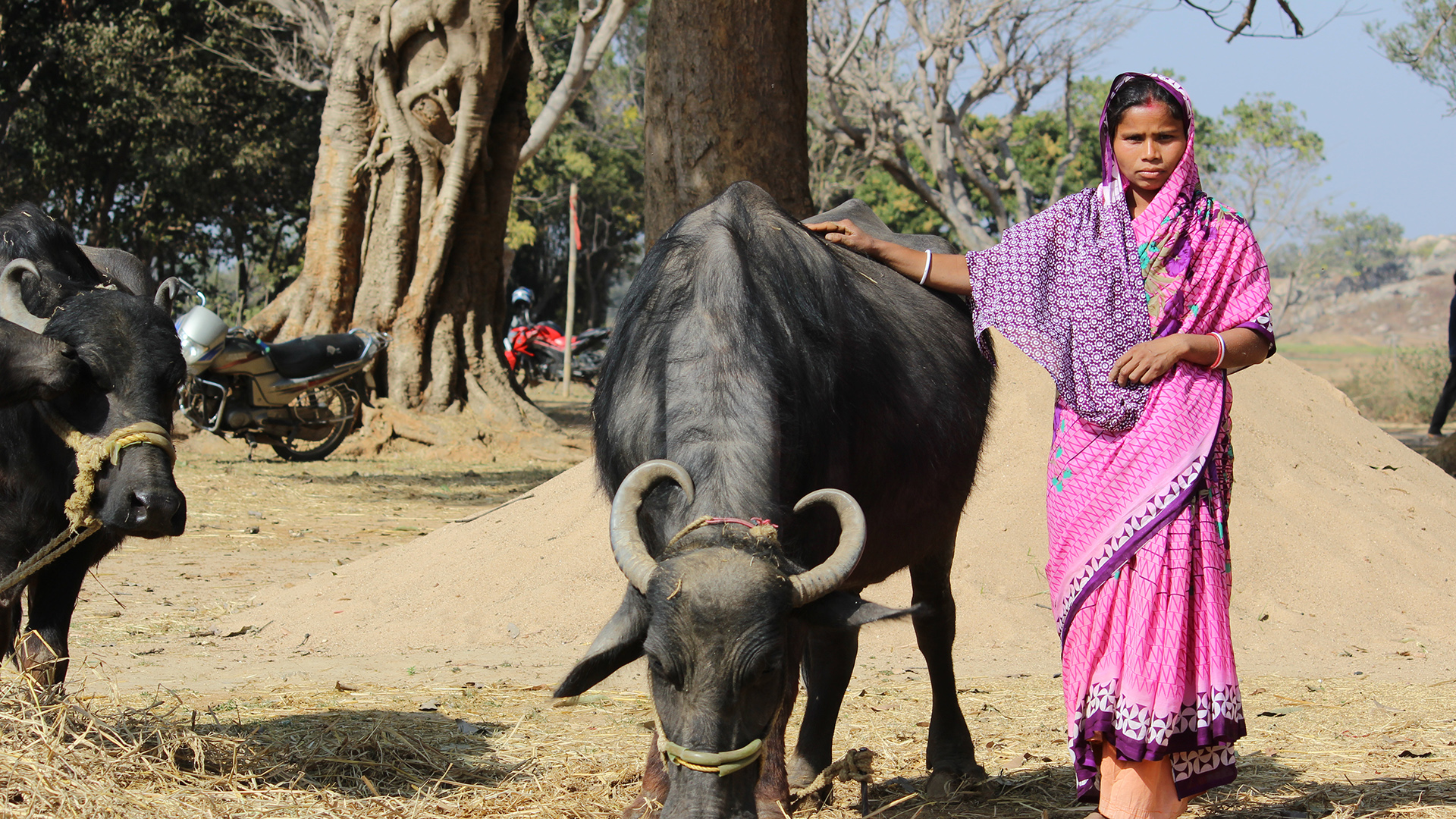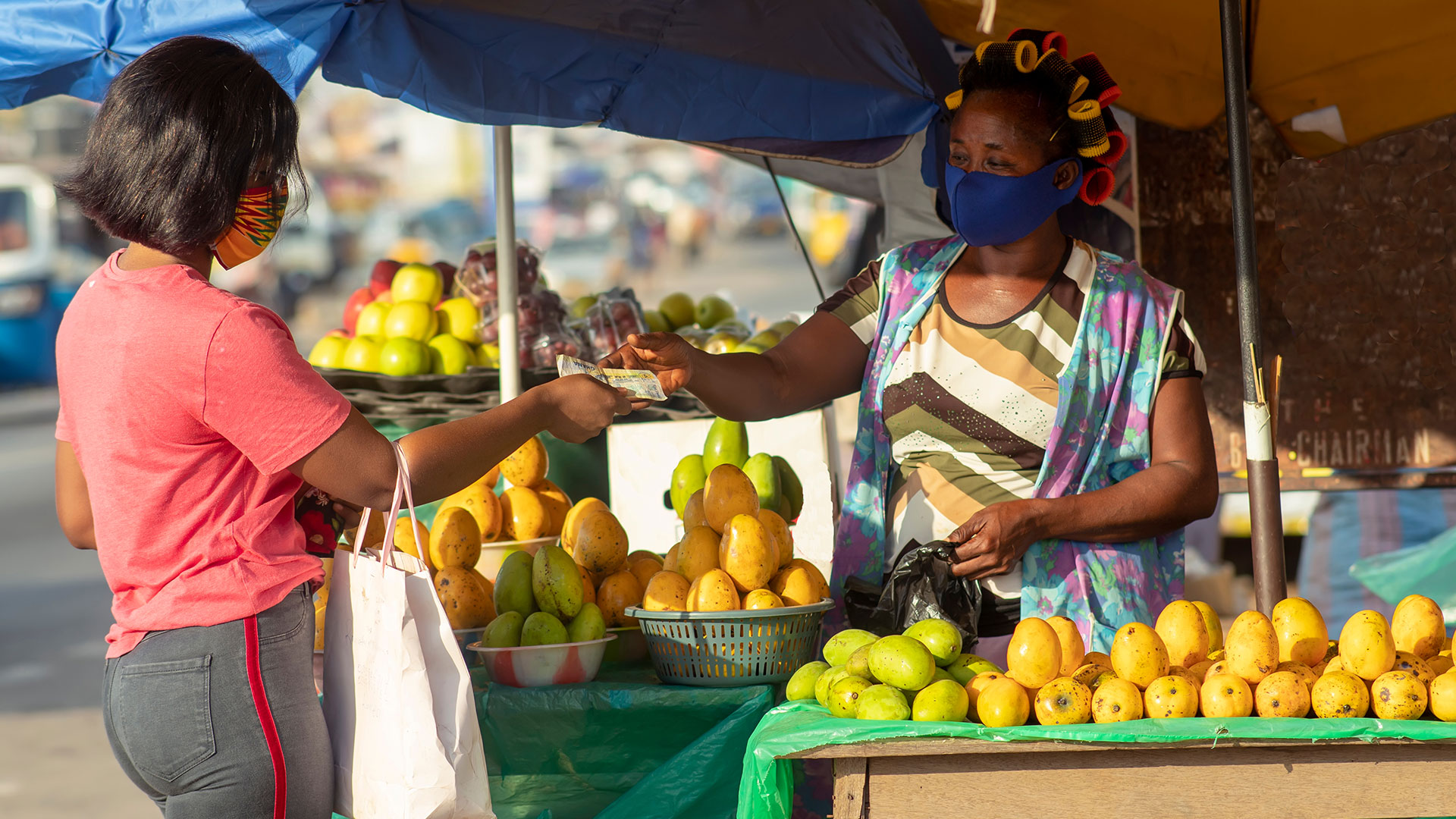
Keeping trade going at times of economic uncertainty
In times of economic uncertainty, investors and financial institutions generally look to reduce their risk levels. But by taking on a higher proportion of the risk, development finance institutions can help to provide critical trade finance funding to local importers.
read
The World Trade Organization has estimated that global goods trade could fall by between 13 and 32 per cent in 2020 due to the COVID-19 pandemic, a greater drop than the 9 per cent fall during the 2008-9 financial crisis. Even before COVID-19, Africa and South Asia were experiencing a shortage of the trade finance crucial to supporting trade flows.
Typically provided by banks and other financial institutions, trade finance allows businesses to buy and sell goods more easily. It’s one of the oldest types of international finance but is yet to attract many modern impact investors, despite being a tried and tested low risk form of investment.
At a time when financial institutions and investors have been under pressure to reduce their risk levels, an institution like British International Investment can share some of the risk. Working with international financial institutions, we’ve increasingly used trade finance to provide businesses in Africa and South Asia with continued access to short-term liquidity, and to minimise disruption to their operations and supply chains during the crisis. It’s playing an important role in counteracting the economic impact of COVID-19.
$309 million
Between July and November 2020, we financed trade volumes of $309 million, supporting PPE imports and food supplies


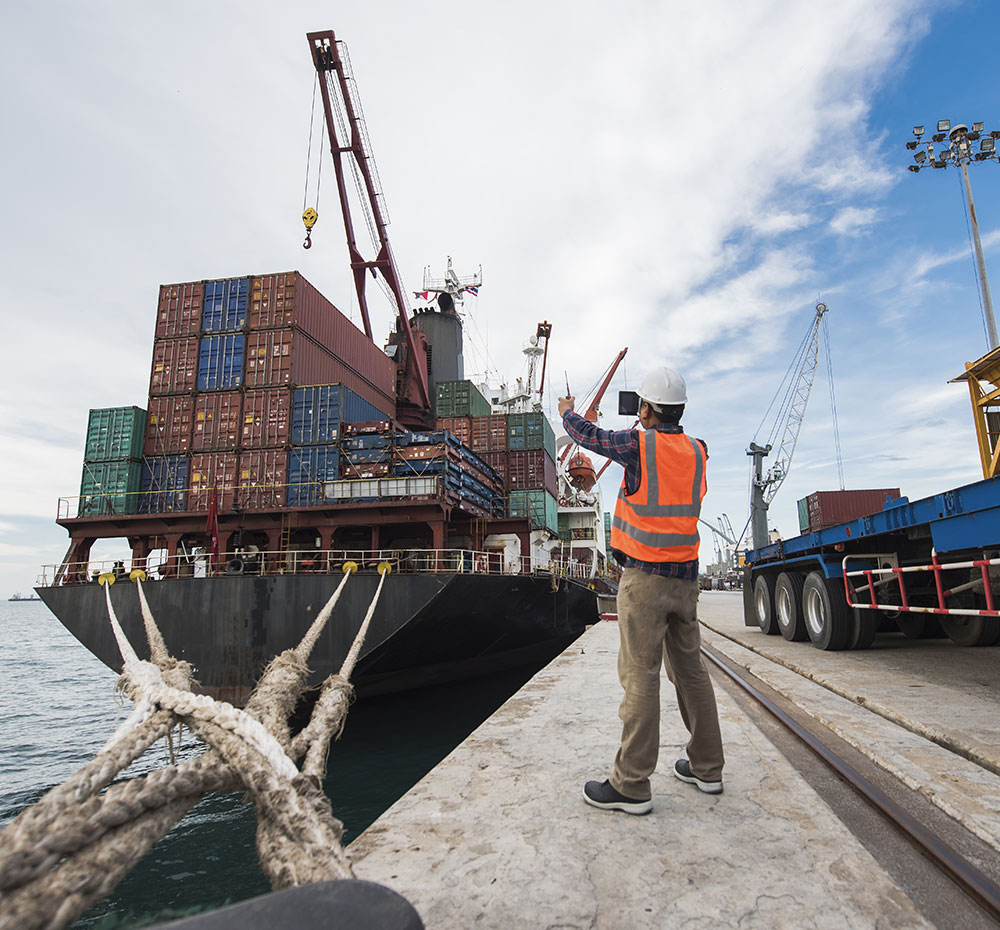
Working with some of our established banking partners, such as Absa Bank, Standard Chartered Bank and SMBC Bank International, we’re adapting trade finance to meet the immediate needs of businesses during this period of uncertainty. This involves us taking on a higher share of the risk so the banks feel confident underwriting more trade in priority sectors and countries, where we feel our impact can be greatest. Working with established partners means we can provide the finance quickly and at greater scale.
Although these adaptations are recent, they’re already having an effect. Between July and November 2020, our facilities financed trade volumes of $309 million, involving priority sectors such as PPE imports and food supply, and to the least developed countries, including Malawi and Uganda. Despite the crisis, this is a significant increase on the same period in 2019. In some cases, we took on 90 per cent of the risk, the most the terms would allow, which suggests the trade wouldn’t have taken place without these terms.
Since 2015, our trade finance programme has supported over $13.2 billion of trade across Africa and South Asia, through partnerships with regional and international banks. Through these banks, we help strengthen financial markets, support thousands of businesses with vital capital for growth, and underpin the import and export of essential commodities.
$13.2 billion
Since 2015, our trade finance programme has supported over $13.2 billion of trade across Africa and South Asia


